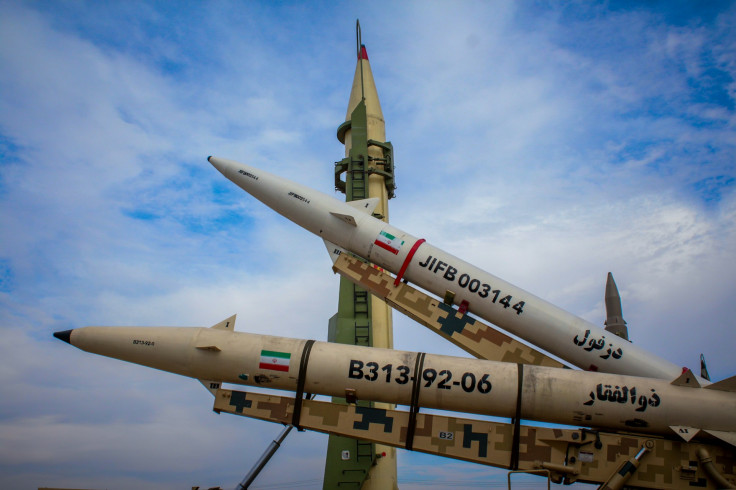Can Israel Defend Against All of Iran's Missiles? Netanyahu Faces £6 Billion Challenge
Analysts warn that Iran is capable of deploying more ballistic missiles.

In recent days, Israel and Iran have been locked in a dangerous exchange of air strikes as the official state of war between the two nations intensifies. While the Israeli government has successfully intercepted some of Tehran's missile attacks, defence experts warn that more strikes could follow.
To shield its citizens from the full extent of Iran's missile arsenal, Prime Minister Benjamin Netanyahu may need over £6 billion. The question remains: can Israel afford this billion-pound challenge?
Israel Will Need Over £6 Billion to Intercept Iran's Missiles
Iran is estimated to possess around 3,000 ballistic missiles. Since the Israel Defence Forces (IDF) targeted Iranian nuclear sites and killed several military officials, Tehran has launched hundreds of these missiles toward Israel.
Dan Caldwell, a former senior adviser to US Defence Secretary Pete Hegseth, warned that the Islamic Republic of Iran could still have as many as 2,000 missiles in reserve. Military experts have estimated that intercepting just one ballistic missile would cost Israel approximately £2.2 million.
To defend against the full threat, Israel could be forced to spend around £6.6 billion. This figure includes funds already allocated during the early stages of the conflict. In a recent address, Iran's Supreme Leader Ayatollah Ali Khamenei warned that more missiles could be launched. He declared that Israel had made a critical error by attacking Iranian soil and vowed that Tehran would seek retribution for the blood of its 'martyrs'.
How Effective are Iran's Ballistic Missiles?
Ballistic missiles are long-range weapons designed to deliver explosive payloads—either conventional or nuclear—over significant distances. Unlike cruise missiles, ballistic missiles follow a projectile trajectory: they ascend into the upper atmosphere before descending at high speeds toward their target.
There are four main categories of ballistic missiles: short-range (SRBMs), medium-range (MRBMs), intermediate-range (IRBMs), and intercontinental ballistic missiles (ICBMs). Given the 1,400-mile distance between Israel and Iran, both countries are limited to deploying medium-range ballistic missiles.
These missiles can reach Israeli territory within minutes, making rapid defence measures crucial.
'Neither the US nor the Israelis can continue to sit and intercept missiles all day,' said Tom Karako, director of the US Missile Defence Project, in an interview with Metro UK.
He added: 'The Israelis and their friends need to move with all deliberate haste to do whatever needs to be done, because we cannot afford to sit and play catch.'
Will the US Support Israel in the Event of Escalation?
US President Donald Trump has not confirmed whether the United States will provide direct military support to Israel. However, his recent statements suggest the White House is seriously considering involvement as the war enters its sixth day.
Speaking to CBS News, Trump implied that US intelligence knows the whereabouts of Iran's top leaders and could act if provoked.
'He is an easy target, but is safe there,' the President said, referring to Ayatollah Khamenei.
He continued: 'We are not going to take him out—at least not for now. But we don't want missiles shot at civilians, or American soldiers. Our patience is wearing thin.'
In response, Iranian officials issued a stern warning to Washington. They said any US military intervention in the Israel-Iran conflict would trigger an 'all-out war'.
'Any form of US military intervention will undoubtedly be met with irreparable harm,' said Khamenei.
The Iranian Supreme Leader also remarked that wise individuals familiar with Iran's history would never threaten the Iranian nation. He added that the people of Iran 'do not easily surrender'.
As tensions mount, Israel's financial and strategic readiness to handle Iran's missile threat remains a crucial test for Netanyahu's government.
© Copyright IBTimes 2025. All rights reserved.





















